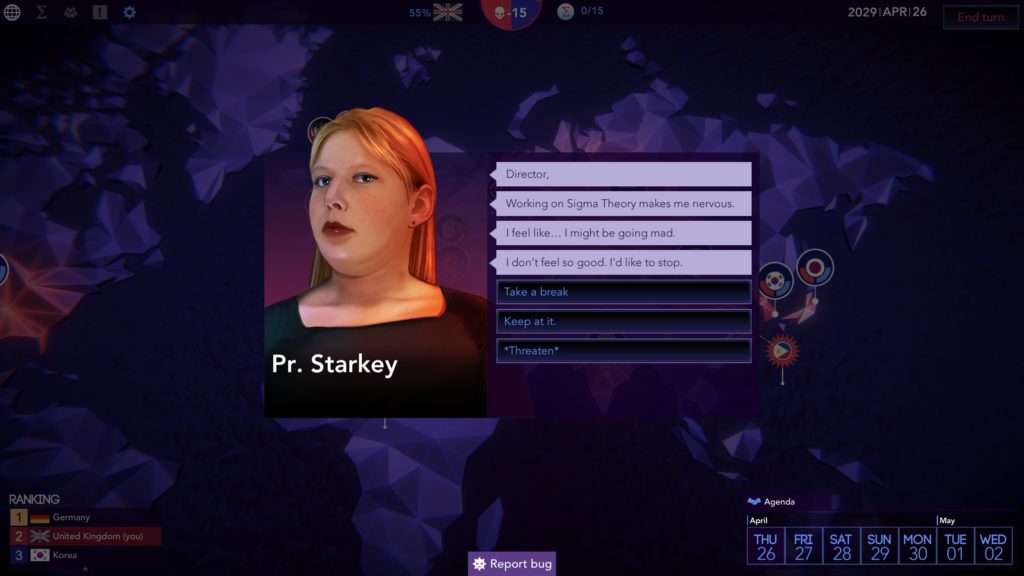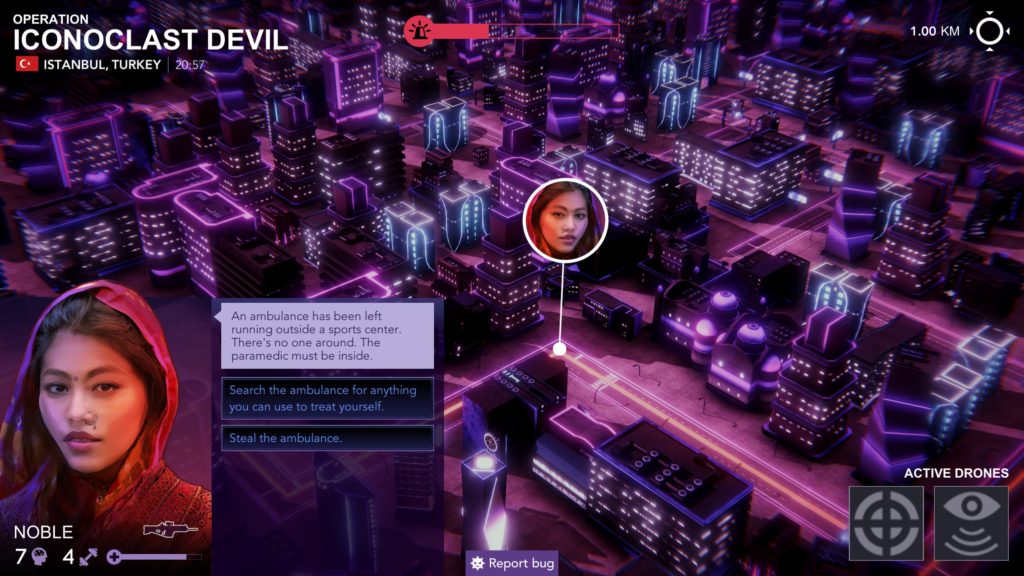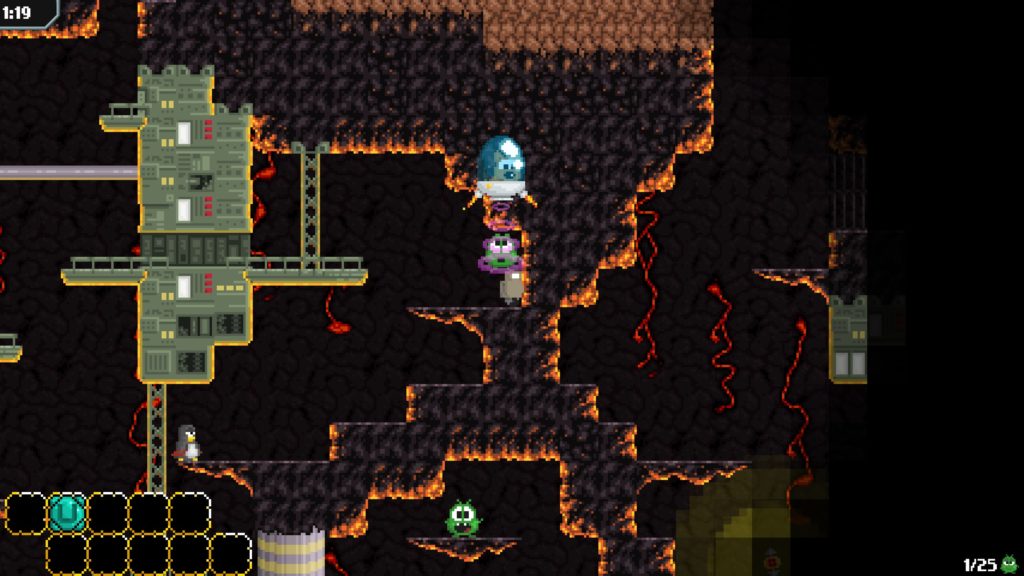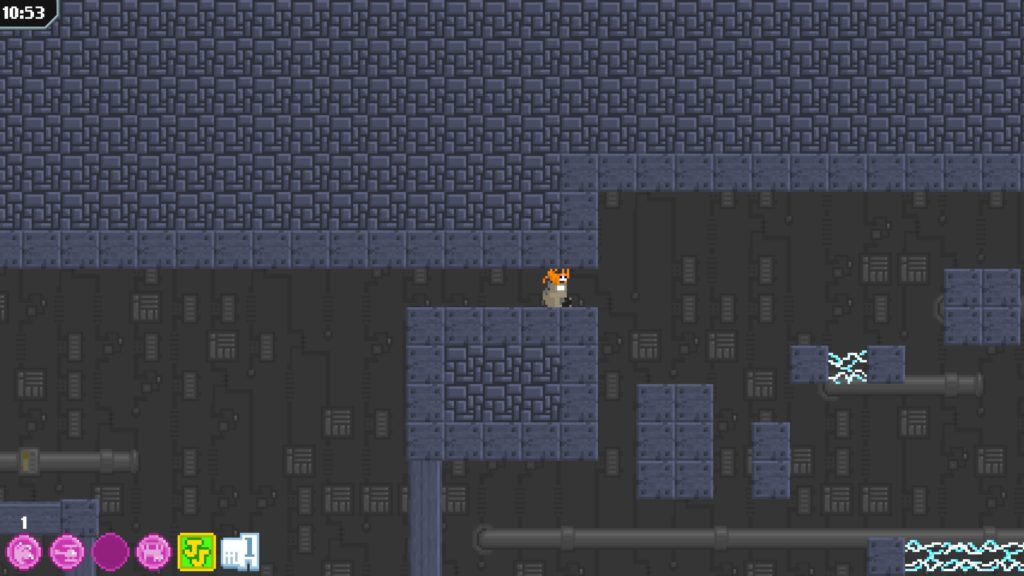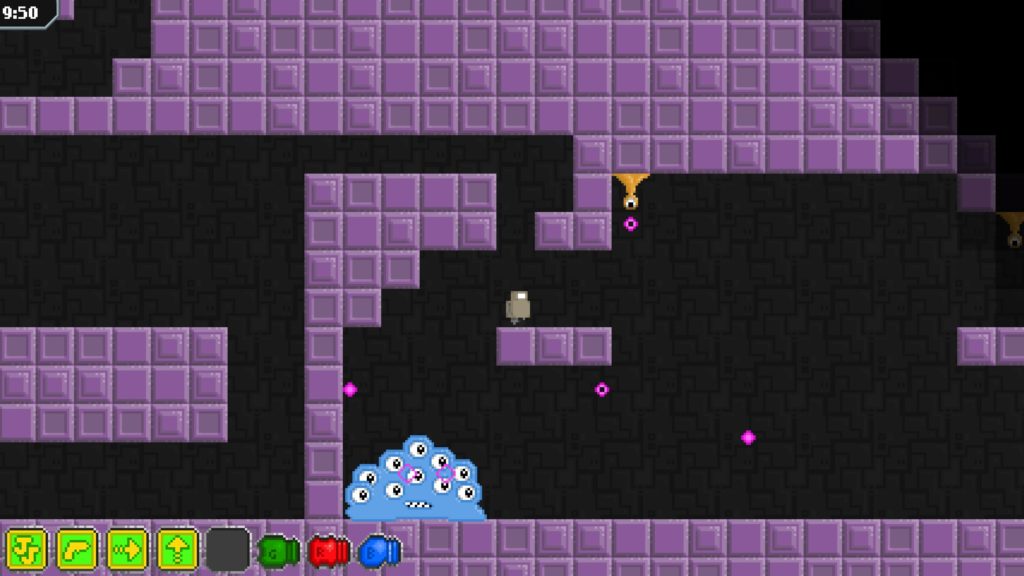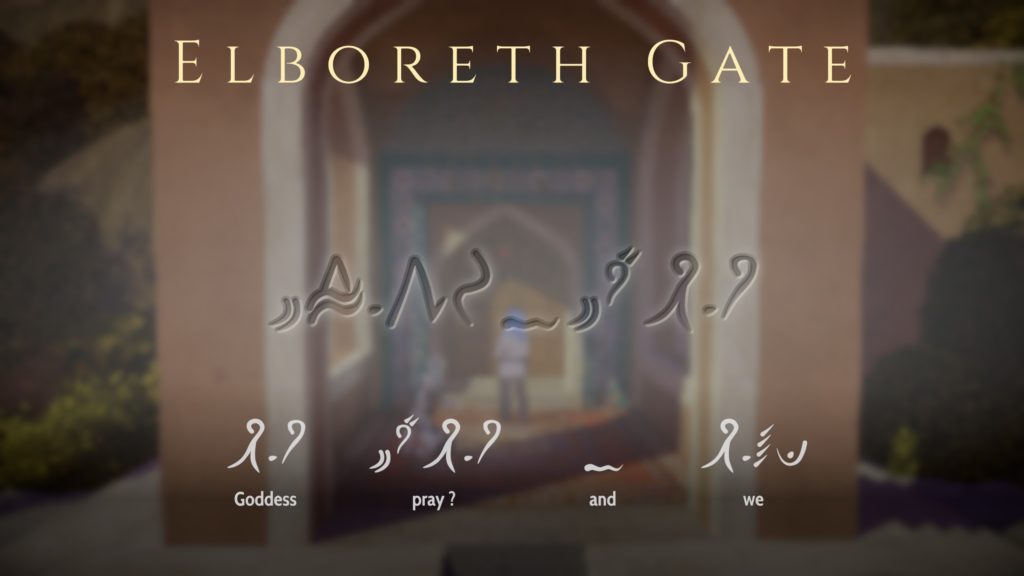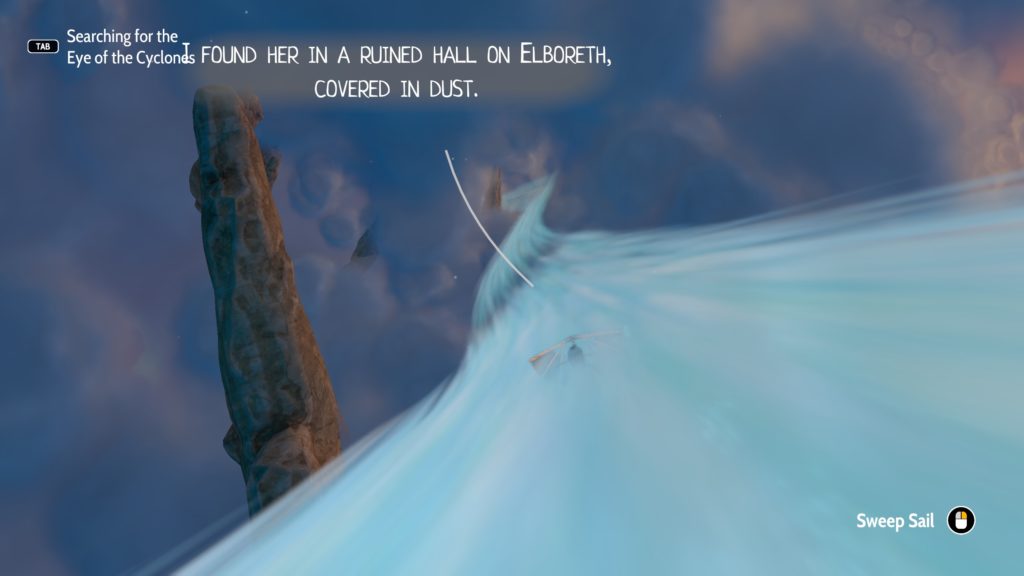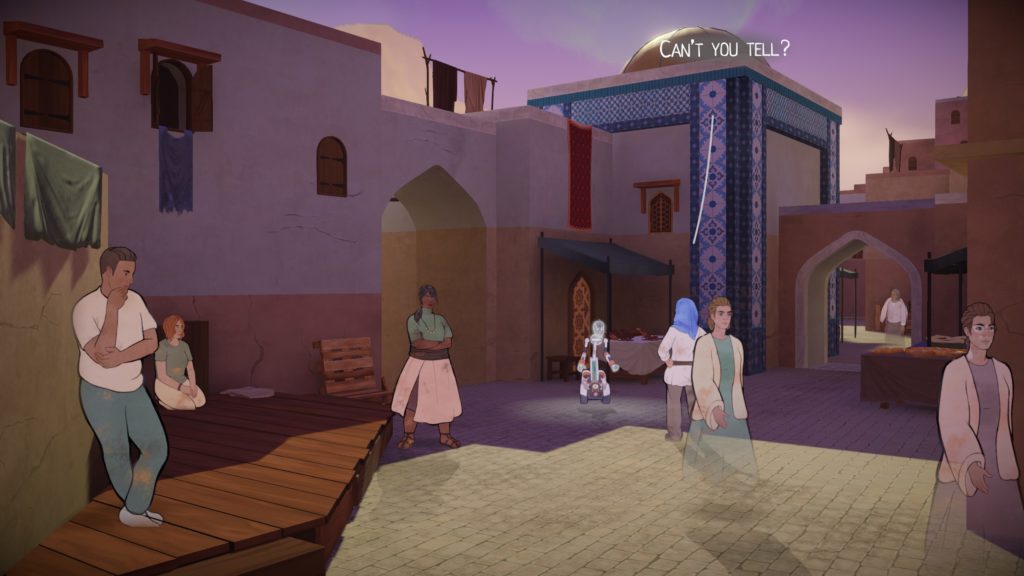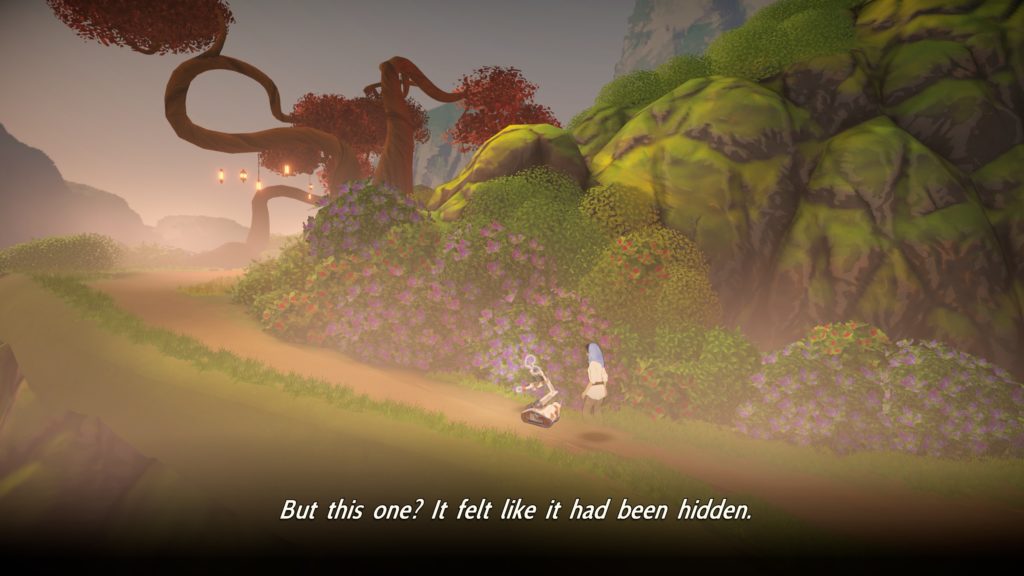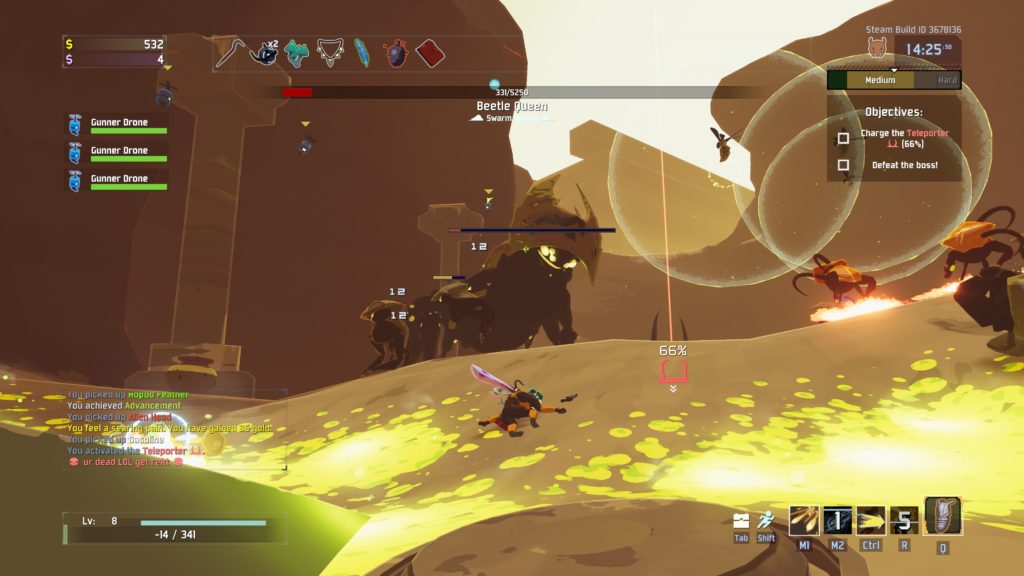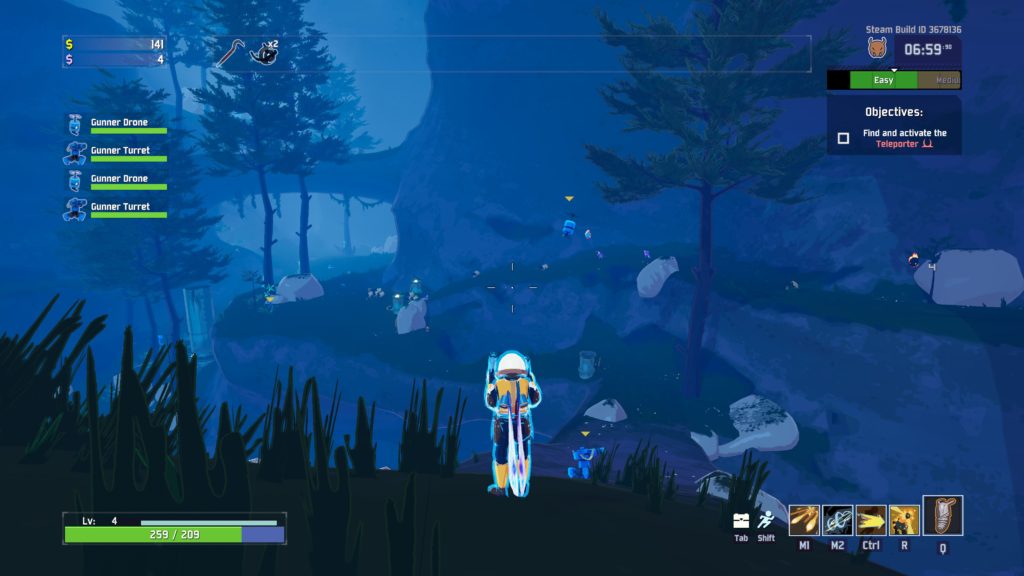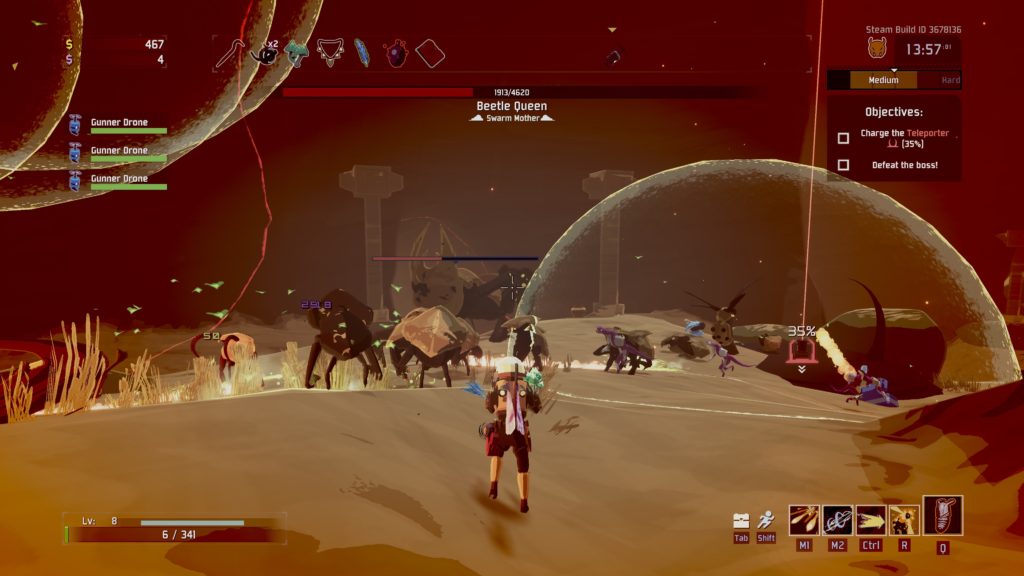Zombotron (Review)

Source: Review Copy
Price: £11.39
Where To Get It: Steam
Ah, the level based shooter… Hand crafted areas, known enemy placements… Randomish items? Ah, okay. Two out of three ain’t bad. And Zombotron… Definitely isn’t bad.
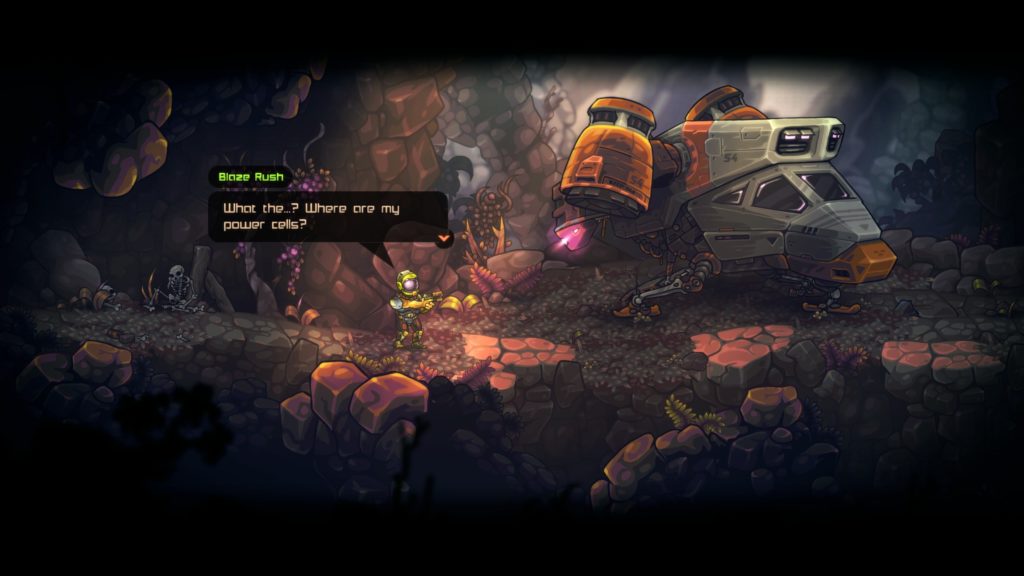
Originally a flash game, Zombotron is now in a different format, with improved art, and, overall… It’s a reasonable game. You, the chunky manhunk known as Daze, have landed on an alien world to answer an ancient distress call, and found… Well, multiple ships, multiple cultures and aliens (Not all of whom are hostile), and… Your ship’s energy cells stolen while you were exploring. So, in order, you have to:
- Wreck face with a variety of weapons, sometimes using the environment in clever ways.
- Get your power cells back so you can maybe leave.
- Maaaaybe do some rescuing/planet saving? It’s unclear in the early game.
So… There is, essentially, a lot of shooting, a lot of explosions, and occasionally, environmental puzzles of the type I grew up on (Shoot part of a platform so it drops to form a bridge, or a different part of a platform to drop it on some poor alien’s head, killing them instantly, and saving me ammo.) How does it feel?
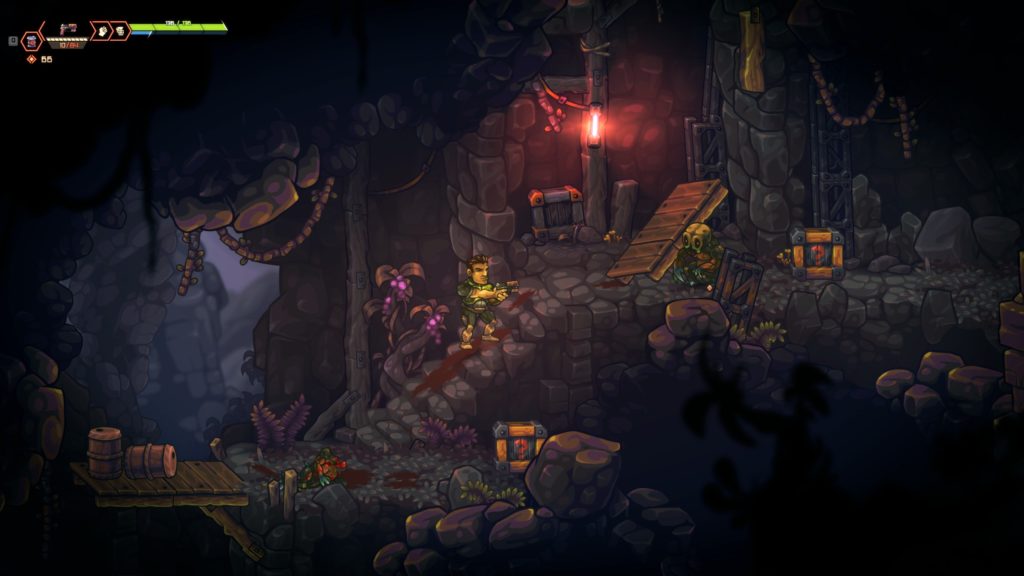
Well, it feels… Alright! There have been times where I’ve been a little irritable with its physics system (Yes, I would like to jump past this ene-oh, I’m dead. Sod.), and sometimes, checkpoints are spaced far enough apart that I have to restart the whole damn level, but, overall, it works. Guns come in several flavours, but the random nature means equipping at least one melee weapon, and using those grenades and health-kits that, if you’re like me, you normally hoard for some kind of Humongous Mutant Android Cephalopod encounter that never happens. It’s a game that wants you to explore it, and try things, albeit in the somewhat limited fashion of “Platforming shoot-em-up that has puzzle elements.”
Aesthetically, it’s okay. You know what everything is, and there’s this chunky aesthetic to it throughout, with paper doll animation that looks a little dated, but only a little (Look, really good paperdoll animation is hard.) The important part is that, apart from some items like money being a little hard to spot, is that it’s clear, and even secrets can be spotted once you work out what it is you’re looking for. The music is, sadly, mostly forgettable, although it does fit the mood, and the sound is alright, so…
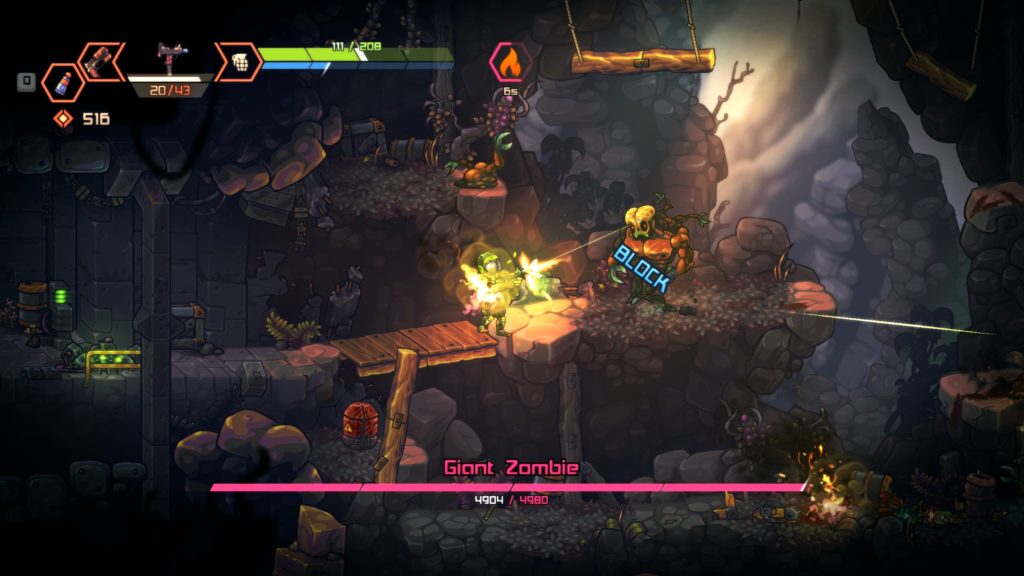
…Overall, Zombotron, is alright, with some fun and clever elements. It isn’t going to blow minds, but, as has previously been noted on the site several times, “Does What It Says On The Tin” is a good thing, and I’ve had a fun time with it.
The Mad Welshman does not, generally speaking, support nuking from orbit. Launching into the Sun is far more impressive, and good praxis to boot.


